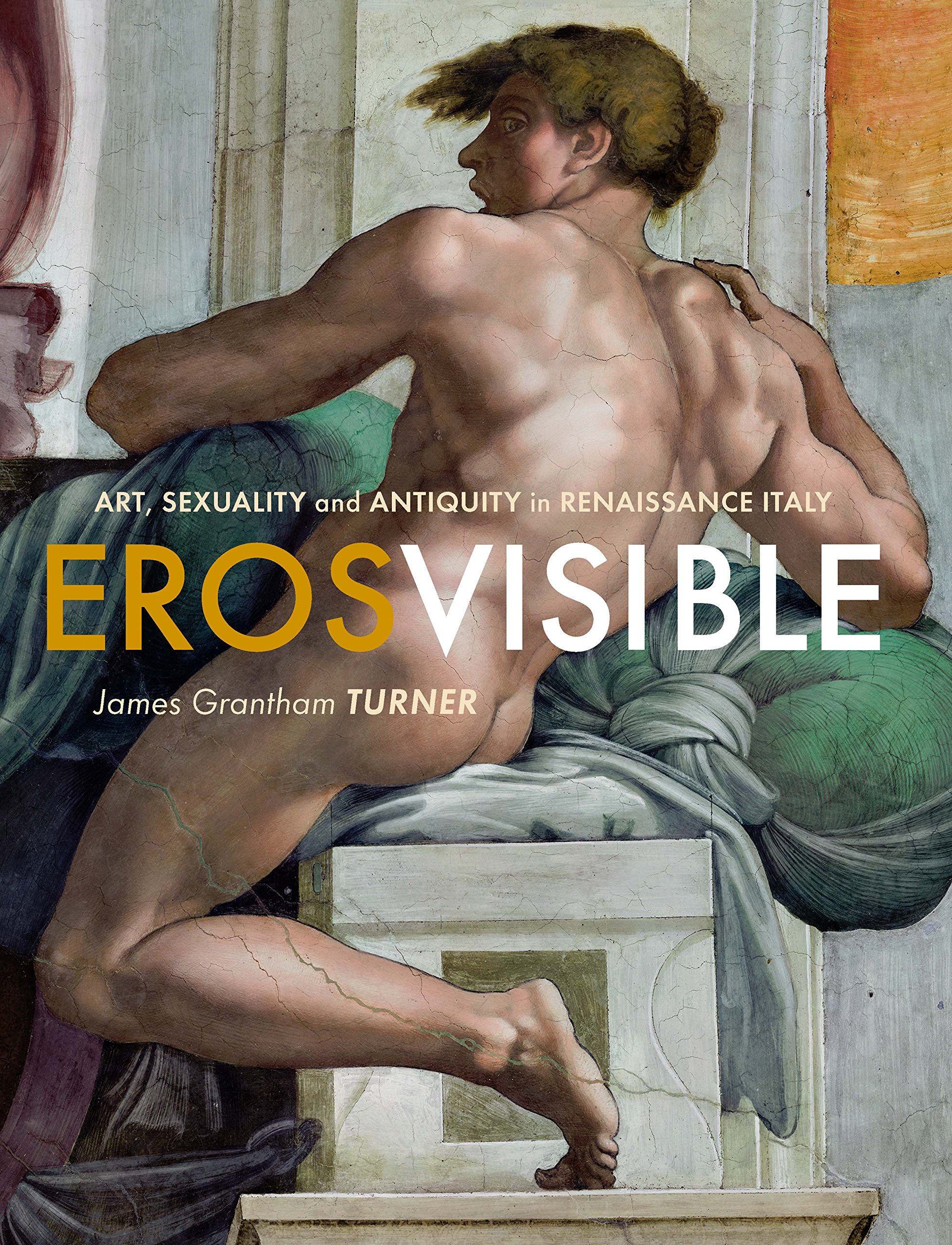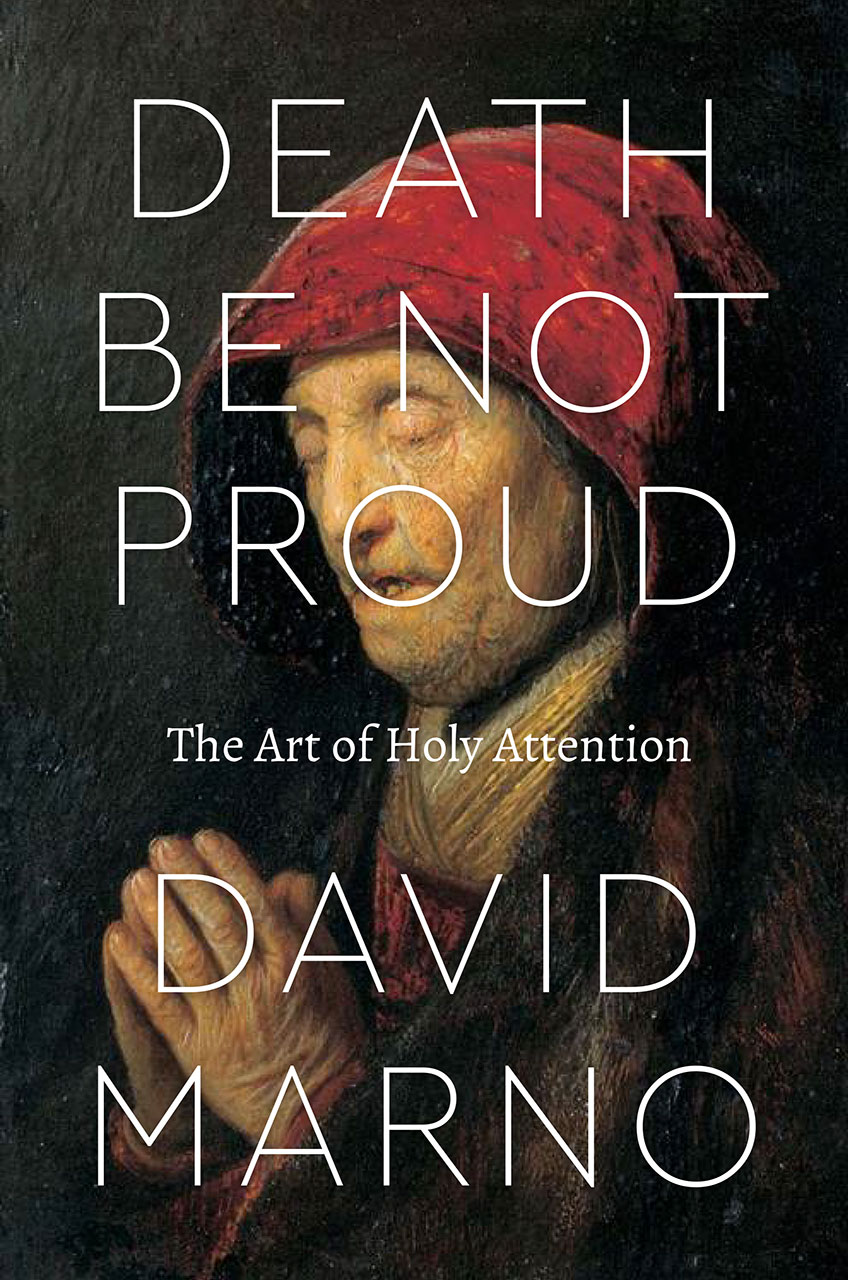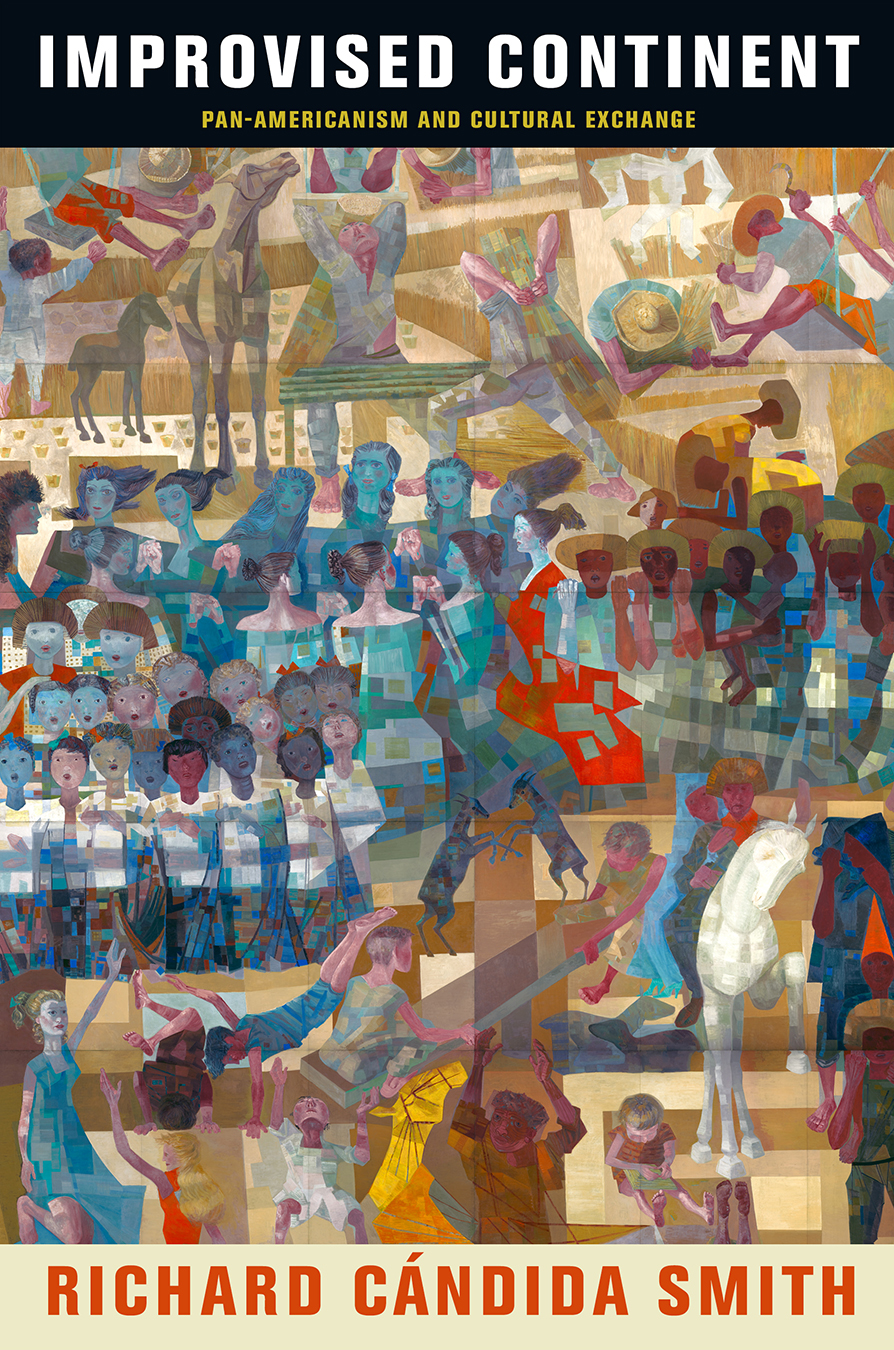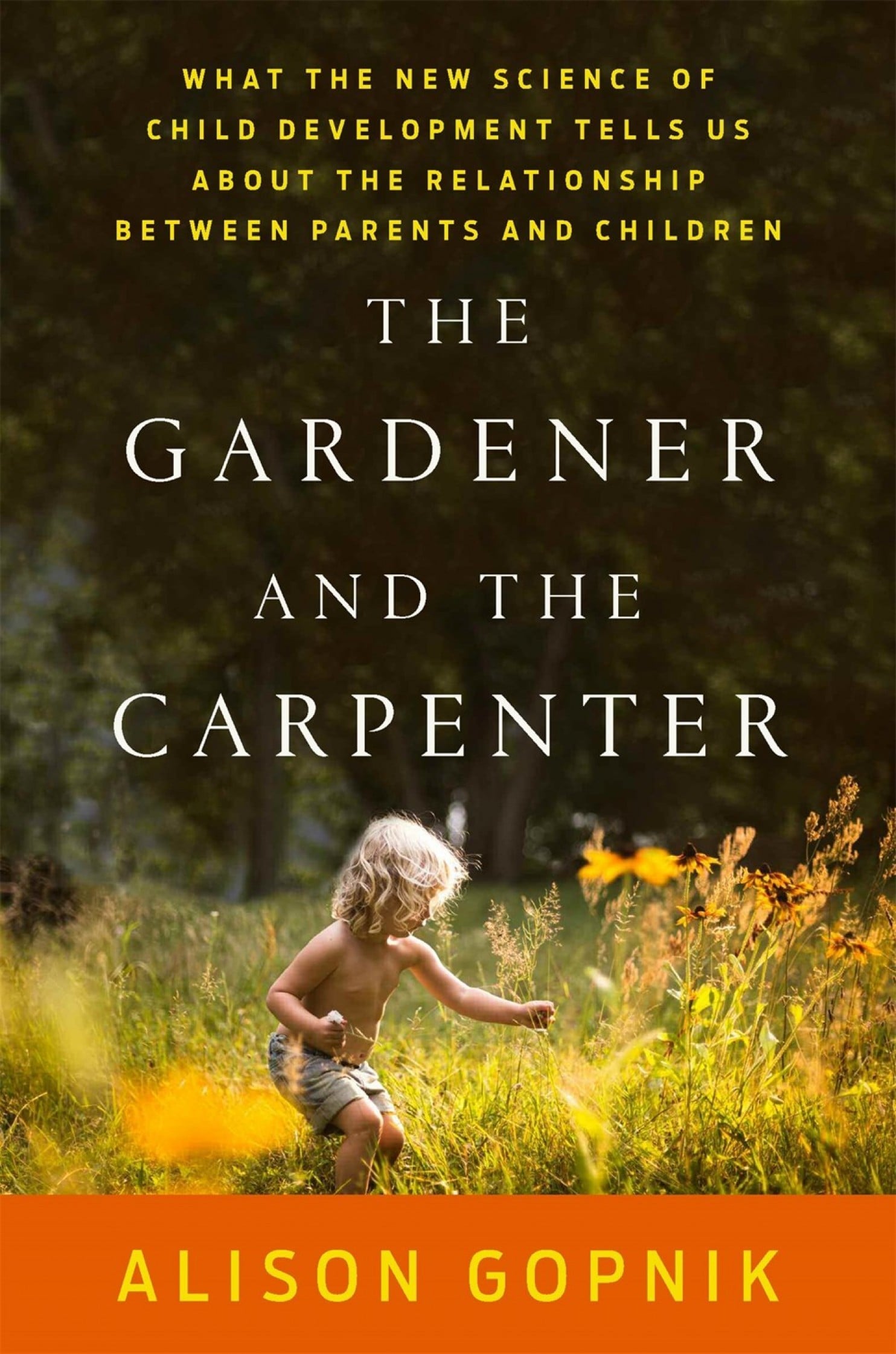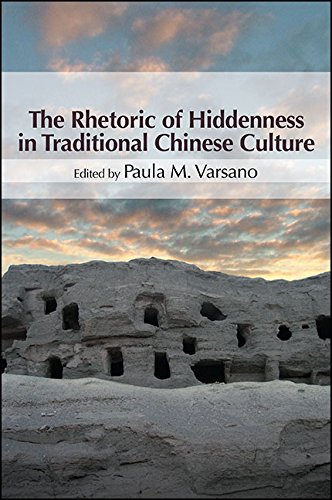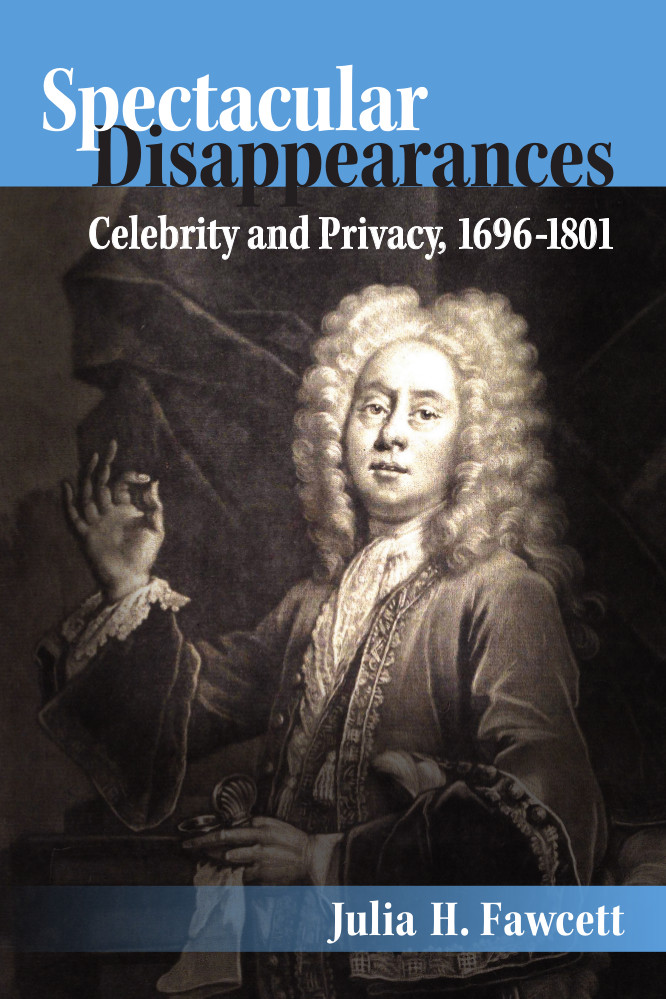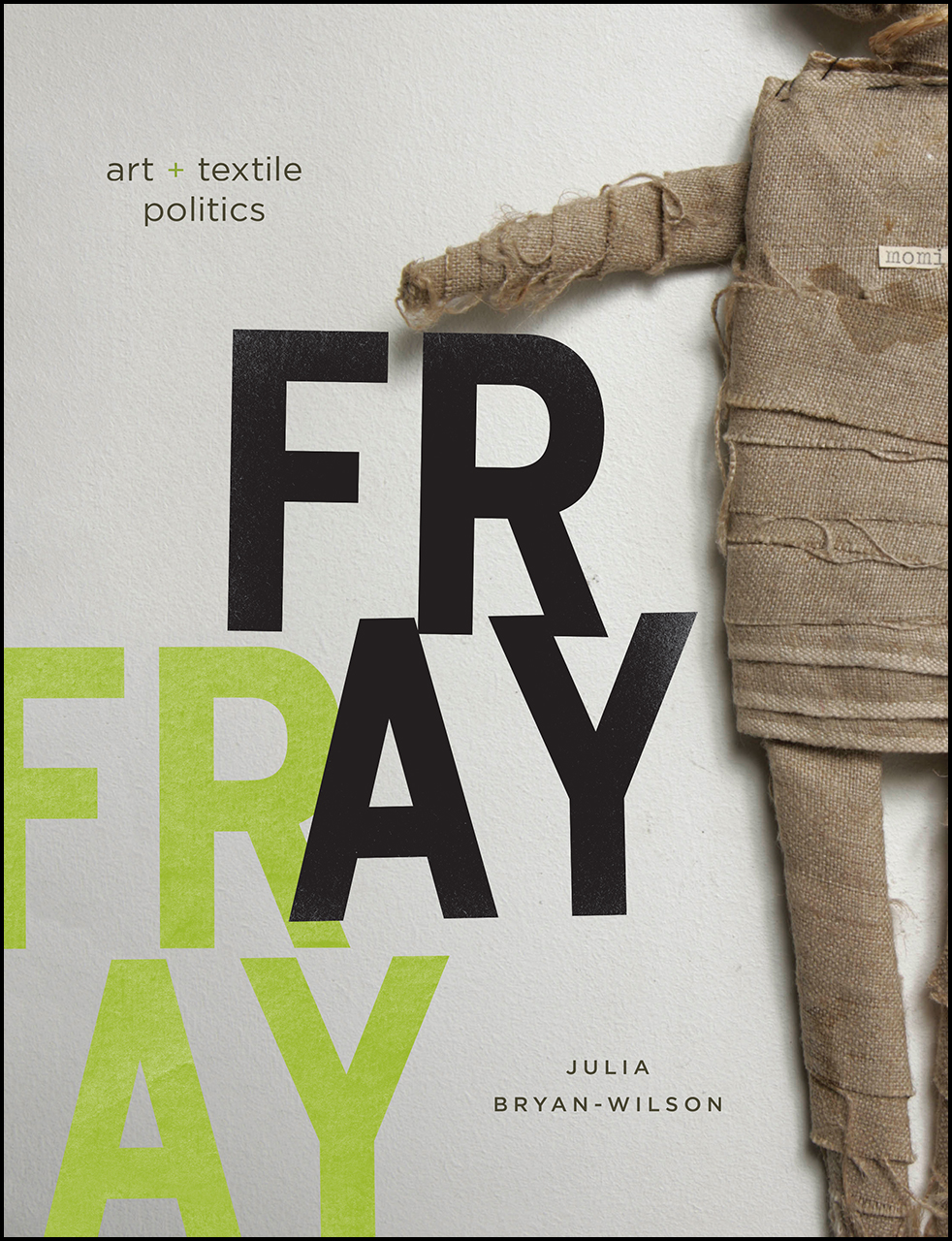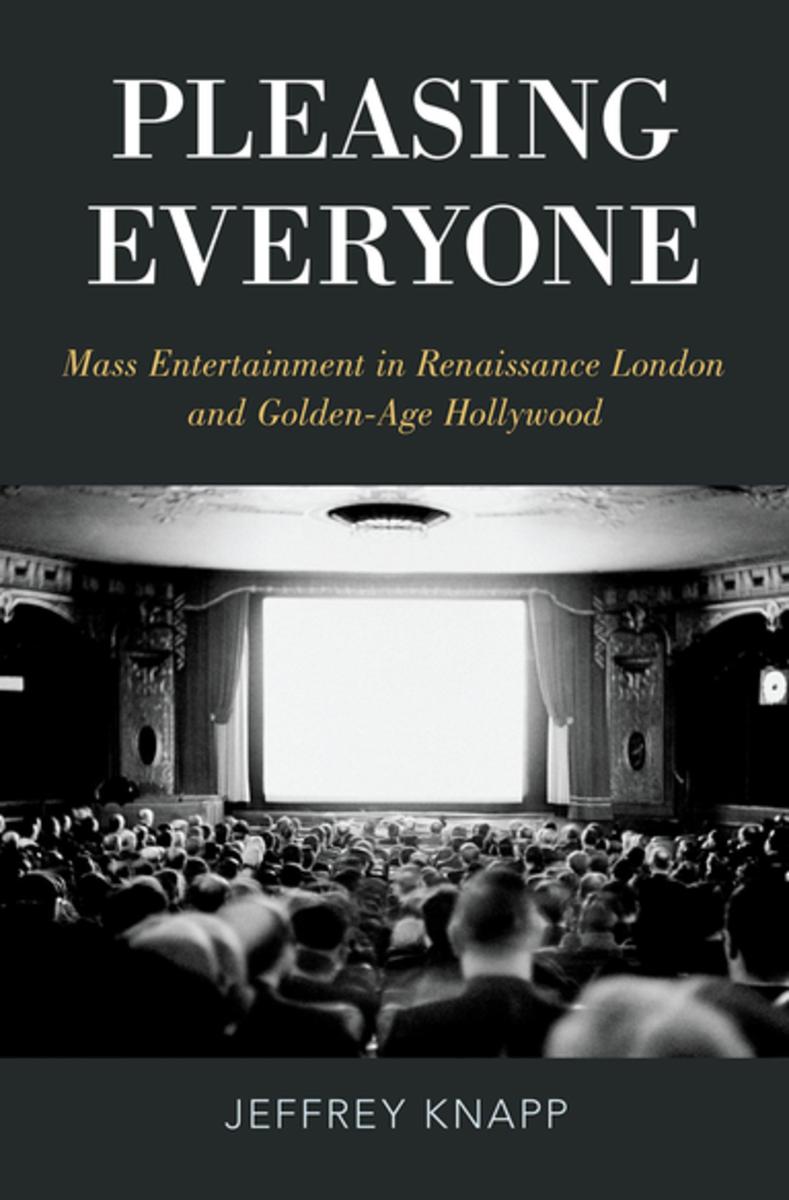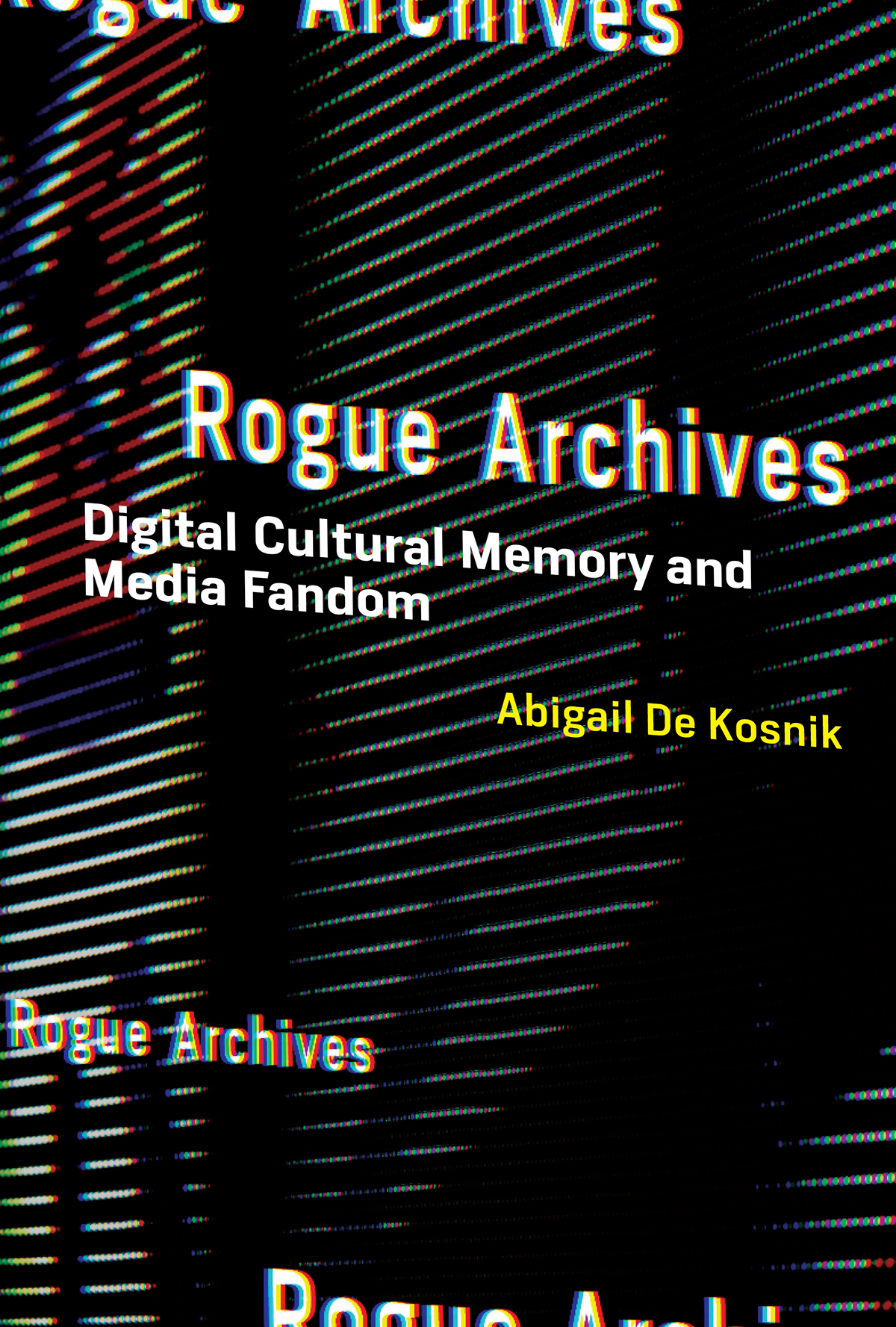Past Events
Professor of History Peter Sahlins explores the “animal moment” in and around 1668, in which French authors, anatomists, painters, sculptors, and especially the young Louis XIV turned their attention to nonhuman beings.
In his study of High Renaissance art, Professor of English James Turner demonstrates the surprisingly close connection between explicitly pornographic art and the canonical works of masters such as Leonardo, Raphael, and Michelangelo.
Death Be Not Proud: The Art of Holy Attention traces the role of attentiveness in philosophy, prayer, and devotional poetry, exploring a tradition of striving for a mental state devoid of distraction.
Improvised Continent: Pan-Americanism and Cultural Exchange
Illuminating the story of how cultural exchange programs brought many of the most important Latin American artists and writers to the United States, Richard Cándida Smith explores Pan-American cultural exchange in the twentieth century.
The Gardener and the Carpenter: What the New Science of Child Development Tells Us About the Relationship Between Parents and Children
Alison Gopnik argues that the familiar 21st century picture of parents and children is profoundly wrong — it's not just based on bad science, it's bad for kids and parents, too.
This volume brings together fourteen essays that explore the role of hiddenness—as both an object and a mode of representation—in the history of cultural production in China.
Julia Fawcett examines the stages, pages, and streets of eighteenth-century London as England's first modern celebrities performed their own strange and spectacular self-representations.
Examining the role of handmaking amid the rise of global manufacturing, Fray explores how textiles inhabit the broad space between high and low, untrained and highly skilled, conformist and disobedient, craft and art.
Pleasing Everyone: Mass Entertainment in Renaissance London and Golden-Age Hollywood
In his exploration of the long history of mass entertainment before film, Jeffrey Knapp opens our eyes to the uncanny resemblance between Renaissance drama and Golden-Age Hollywood cinema.
Rogue Archives examines the rise of self-designated archivists—fans, pirates, hackers—who have become practitioners of cultural preservation on the Internet, building freely accessible online collections of content.

